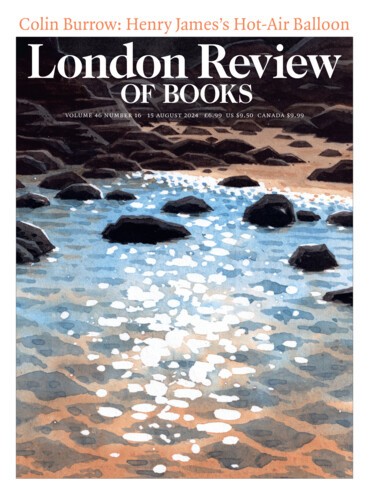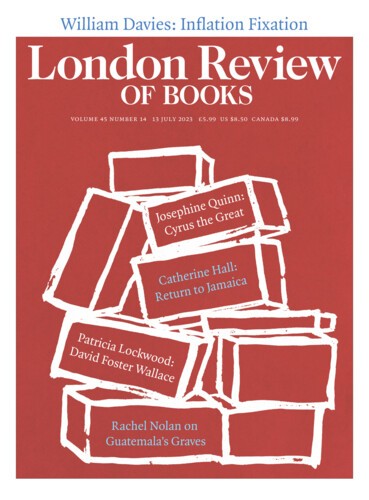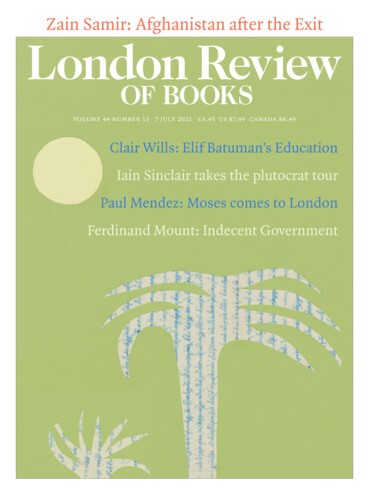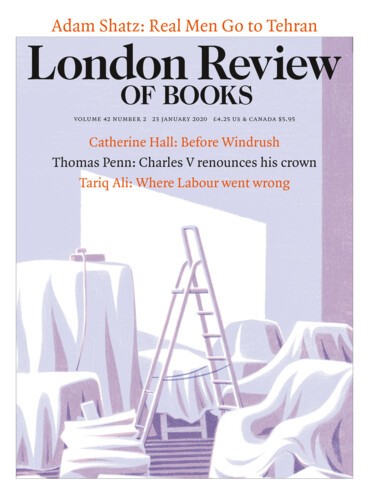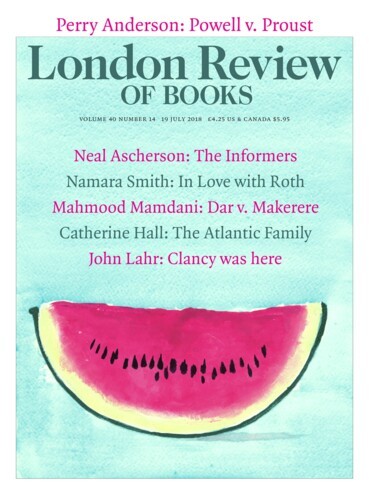Bread and Butter: Attempts at Reparation
Catherine Hall, 15 August 2024
He had money.I had history.His money stole my history.
‘Fatima’s Poem’
‘Fatima’s Poem’ was a contribution to Colonial Countryside, a child-led writing and history project (and now a book) commissioned by the National Trust working with a team of historians led by Corinne Fowler. Like many British institutions, the National Trust has in recent years begun to...
